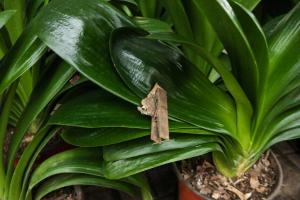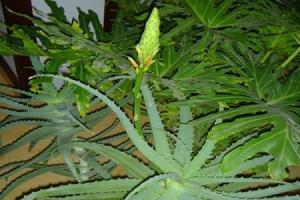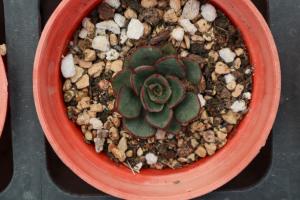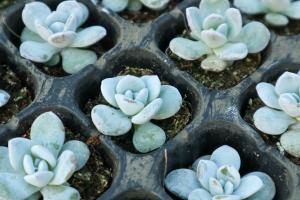Should You Put Epsom Salt on Tomato Plants?
As a gardener, you always want to give your plants the best possible care. There are countless tips and tricks out there for growing the perfect tomatoes, but one that is often touted is the use of Epsom salt. But is it really a good idea to put Epsom salt on tomato plants? Let's take a closer look.
What is Epsom Salt?
Epsom salt is a naturally occurring mineral compound made up of magnesium and sulfate. It gets its name from the town of Epsom in England, where it was discovered in a spring in the 17th century. Epsom salt is commonly used for a range of health and beauty purposes, as well as for garden care.
The Benefits of Epsom Salt for Tomato Plants
There are a few different ways in which Epsom salt is said to benefit tomato plants. The first is that it can help with nutrient uptake. Magnesium is an important mineral for plant growth and development, and a lack of it can lead to stunted growth, yellowing leaves, and poor fruit production. Adding Epsom salt to the soil can give plants an extra boost of magnesium, leading to healthier and more productive tomato plants.
Another benefit of Epsom salt is that it is said to prevent blossom end rot. This is a common problem among tomato plants, where the bottom of the fruit turns black and becomes sunken. Blossom end rot is caused by a calcium deficiency in the plant, and Epsom salt can help to prevent this by improving calcium uptake in the roots.
How to Use Epsom Salt on Tomato Plants
If you decide to use Epsom salt on your tomato plants, it's important to know how to do so properly. The first step is to determine if your plants actually need it. If you notice signs of magnesium deficiency, such as yellowing leaves, then adding Epsom salt can be a good idea. Similarly, if you have had issues with blossom end rot in the past, then Epsom salt may help to prevent it from occurring again.
The best way to apply Epsom salt is to mix it into the soil around your tomato plants. You can do this at the time of planting, by adding a handful of Epsom salt to each planting hole, or you can add it later in the season by sprinkling it around the base of the plants and watering it in well.
Conclusion
So, should you put Epsom salt on tomato plants? The answer is that it depends. If your plants are showing signs of magnesium deficiency or you have experienced problems with blossom end rot in the past, then adding Epsom salt can be a good idea. However, if your plants are already healthy and productive, then it may not be necessary.
As with any garden care tip, it's important to do your research and determine if it is right for your particular situation. With a little bit of care and attention, you can grow beautiful and bountiful tomato plants that will provide you with delicious fruit throughout the season.

 how many times do yo...
how many times do yo... how many planted tre...
how many planted tre... how many pine trees ...
how many pine trees ... how many pecan trees...
how many pecan trees... how many plants comp...
how many plants comp... how many plants can ...
how many plants can ... how many plants and ...
how many plants and ... how many pepper plan...
how many pepper plan...
































